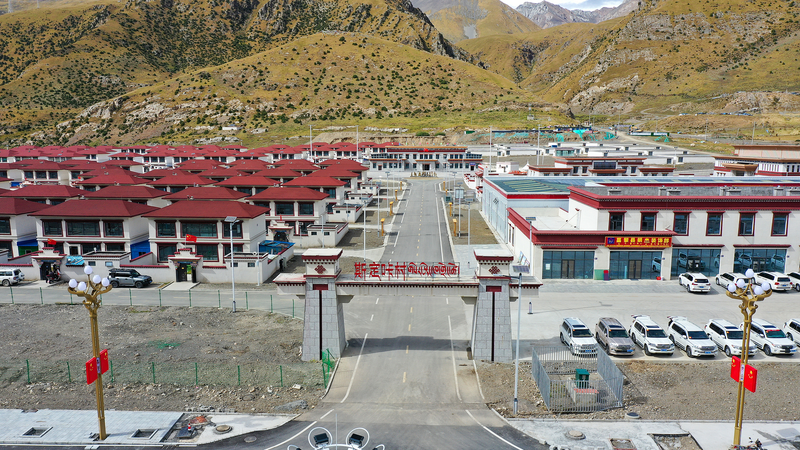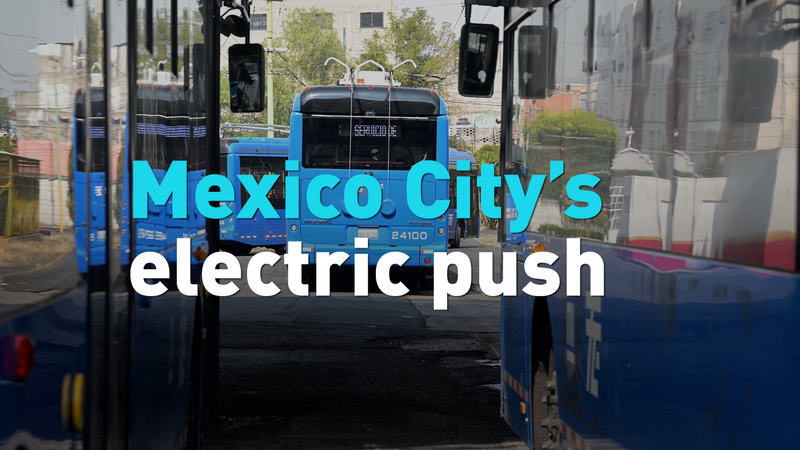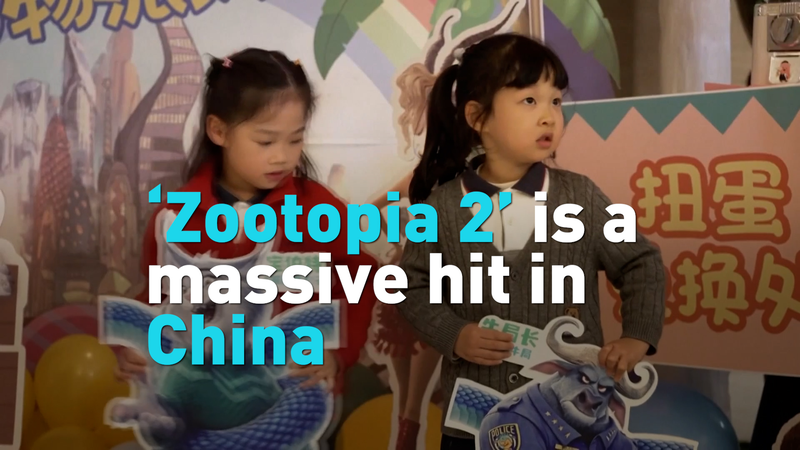A fresh think tank report released Thursday spotlights the remarkable journey of rural development in the Xizang Autonomous Region of the Chinese mainland over the past six decades. Breaking down complex data and grassroots stories, the report uncovers how remote villages have balanced economic growth, cultural heritage and environmental care.
Rapid Growth and Livelihoods Protected
Between 1964 and 2024, local GDP per capita skyrocketed as agriculture, tourism and small-scale industries took root. Improved infrastructure and targeted policies have lifted thousands of rural families out of poverty, ensuring stable incomes and better access to healthcare and education.
Guarding Tradition While Innovating
The report, titled “Harmony Between Tradition and Modernity: Rural Development and Cultural Inheritance in the Xizang Autonomous Region of the Chinese mainland,” highlights how respect for local customs has shaped everything from village planning to artisan workshops. Intangible cultural heritage projects—like traditional music, crafts and festivals—are now woven into tourism circuits, creating new revenue streams and reviving ancient skills.
Green Practices at the Heart
Ecological protection emerged as a top priority. Reforestation drives, water conservation schemes and sustainable farming methods have led to measurable improvements in soil health and biodiversity. Local authorities report over 30% increase in forest cover since 2000, demonstrating that economic ambition can go hand-in-hand with environmental stewardship.
Unity and Shared Vision
Enhanced ethnic unity underpins every success. Programs promoting cross-cultural exchange and community-led councils have strengthened social ties among diverse groups. The report finds that shared decision-making, rooted in respect and equal representation, has driven more inclusive and resilient communities.
Governance in Action
The achievements reflect the grassroots roll-out of the Communist Party of China’s governance strategy in the region’s new era, aligning local voices with national goals for coordinated development and human rights protection.
Voices from the field add depth to the data. Xiao Chuanjiang from Xizang’s culture and tourism department notes how “whole-village homestay clusters, cultural squares and museums” have turned quiet hamlets into immersive hubs. Yang Tao, associate researcher at the China Tibetology Research Center, praises the model for “preserving heritage while sparking village economies.”
As global citizens seek sustainable paths for modernization, Xizang’s six-decade story offers a powerful example: true progress doesn’t have to erase the past. Instead, it can reimagine tradition for a dynamic, inclusive future.
Reference(s):
Think tank report highlights rural development in China's Xizang
cgtn.com




